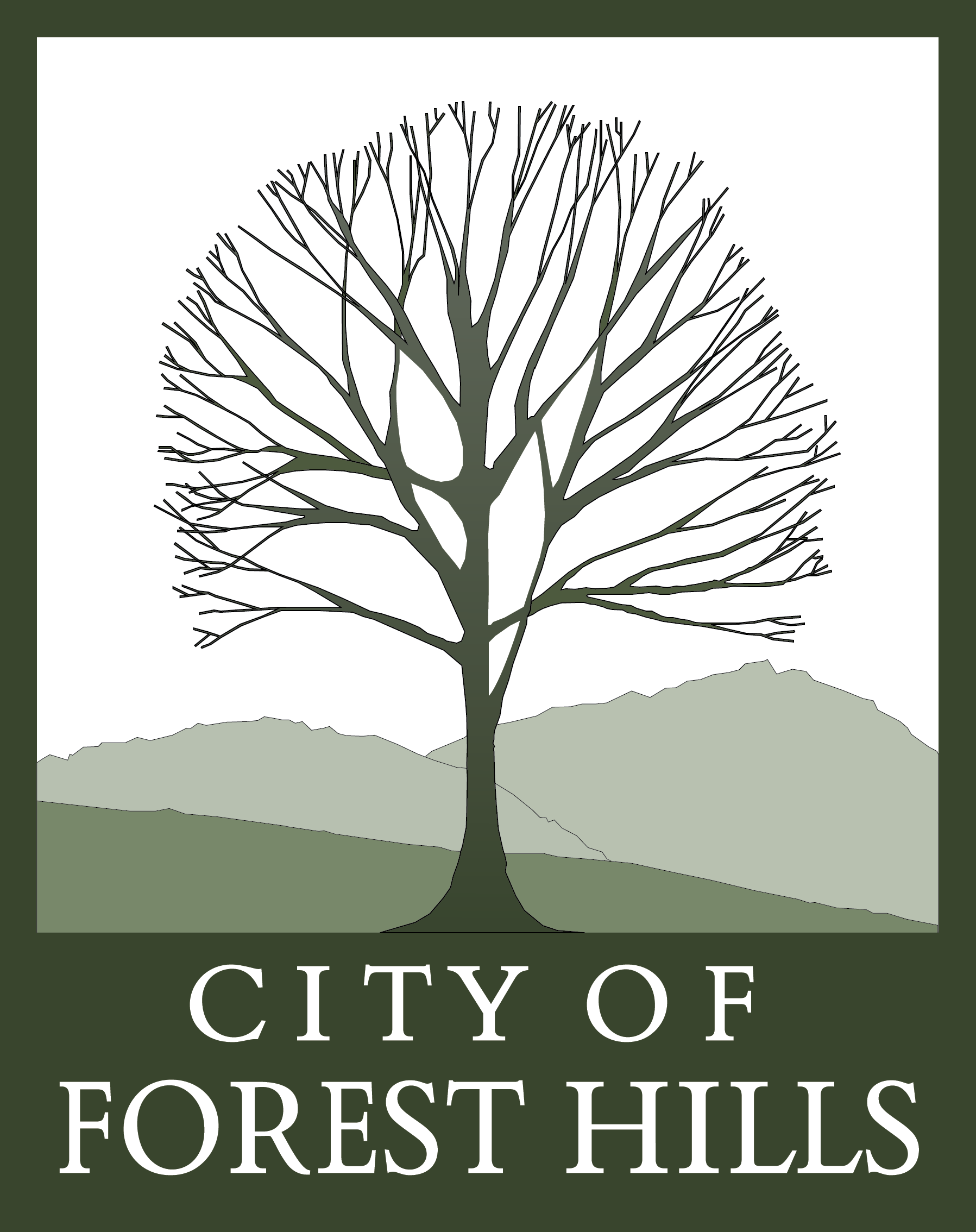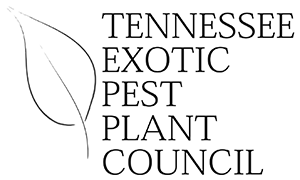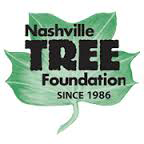
- This event has passed.
Weed Wrangle Nashville 2018
March 3, 2018
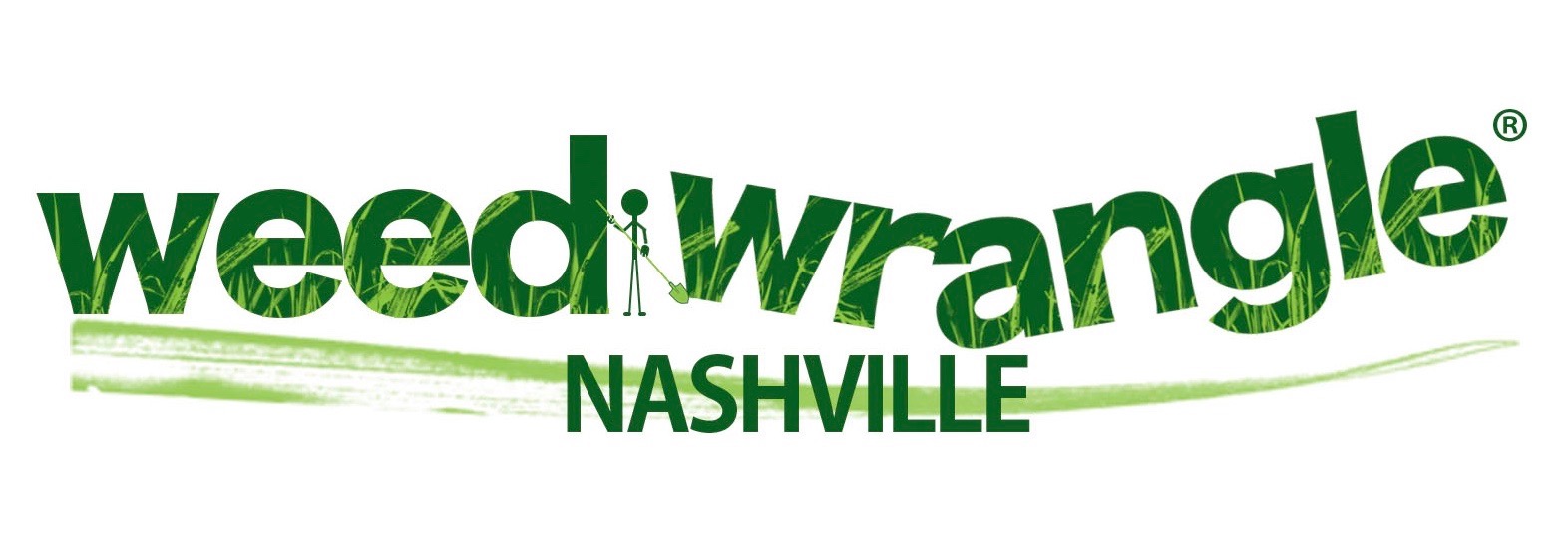
Weeds in the Woods Hike at Radnor Lake with Dr. Loeb from Penn State University – Saturday, March 17th (1pm-3pm) – more info
Weed Wrangle on Creek & Greenway – February 24, 2018 – more info
Weed Wrangle®-Nashville, is a one-day, citywide, volunteer effort to help rescue our public parks and green spaces from invasive species through hands-on removal of especially harmful trees, vines and flowering plants. These include bush honeysuckle, Chinese privet, autumn olive, English ivy and winter creeper.
Weed Wrangle®-Nashville volunteers will learn, practice, and begin a habit of maintaining an area free of invasive plants. By engaging our neighbors and challenging them to take action in their own spaces, we hope to create a movement that will have the greatest impact on the invasive plant population in the Nashville area.
Weed Wrangle®-Nashville is a Partners for Plants joint habitat restoration program of the Garden Club of America’s Conservation and Horticulture Committees. The Garden Club of Nashville, is a member of The Garden Club of America.
Volunteer hours associated with this project support the “Let’s Move! Outside” initiative, a nationwide effort to provide opportunities for young people to work, learn, play, and serve outdoors and on public lands. This effort is made possible through partnership between the YMCA of the USA, the Department of the Interior, American Express, the YMCA of Middle Tennessee, Nashville’s Mayor Megan Barry, and Hands On Nashville. For more information about Let’s Move, please click here. #letsmove
Hands On Nashville will serve as the hub for all Weed Wrangle®-Nashville volunteer registration projects. Choose your site and Click Here to Volunteer.
Locations and Partners

The Nashville Chew Crew specializes in the strategic use of sheep to manage overgrown vegetation. The Nashville Chew Crew is proud to offer an ecologically sensitive, cost-effective, and socially engaging alternative for managing all kinds of landscapes in and around Nashville, TN.

GROW is excited to announce that we’ll be participating in the city-wide event, Weed Wrangle Day, aimed at removing invasive plants from city spaces! On this day, you can join thousands of volunteers across the city who will be venturing into the outdoors to help get invasive plants under control for the benefit of our native plants and wildlife!
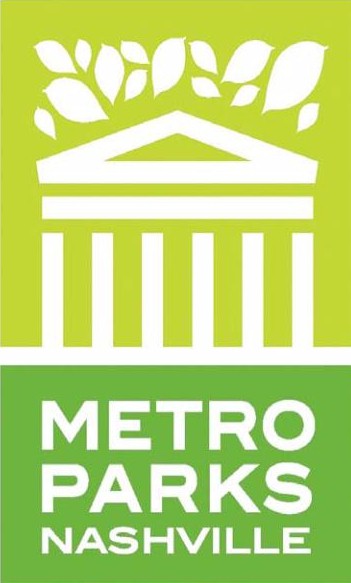
Bells Bend Park is a natural area park in the Metropolitan Nashville Parks and Recreation Department. The park, located along the Cumberland River in northwest Davidson County, is rich in Native American, Civil War, and historic farming history. We’ve been clearing invasive plants around an 1842 farmhouse and maintaining native species throughout the park. Other areas focused on include outdoor recreation, water studies, and other nature studies.

Hands On Nashville (HON) works to address critical issues facing the Middle Tennessee community through volunteer-centric programming. Annually, HON connects thousands of volunteers to service opportunities supporting area nonprofits as well as its programs in urban agriculture, home energy savings, youth leadership development, and support of public education.
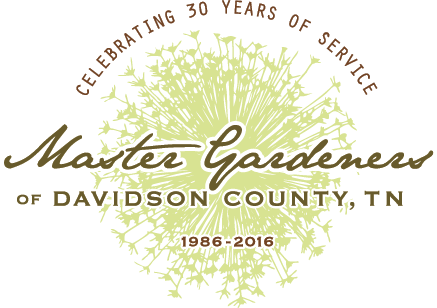
Master Gardeners of Davidson County’s mission is to promote gardening and home horticulture through education, environmental stewardship, and volunteerism. In 2015, our volunteers contributed a total of 10,783 hours of volunteer service toward community service and education projects in Nashville and Davidson County with an in-kind value of more than $248,770.
In 2017, the Master Gardeners of Davidson County will be partnering with the Nashville City Cemetery Association for Weed Wrangle®-Nashville.
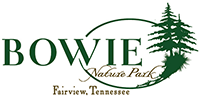
Bowie Nature Park is a 722 acre park dedicated to preserving natural ecosystems and educating the public in stewardship of the natural world. The park has full time staff dedicated to interpretation, environmental education, and maintaining the trails and structures within. By showcasing its unique background and natural beauty, the park will offer to both present and future generations a place where people can experience nature in a relatively undisturbed setting allowing a source of inspiration and hopefully teach them to respect and to care for the land and natural resources.

Cheekwood is a 55-acre botanical garden and art museum located on the historic Cheek estate. Its mission is to preserve Cheekwood as an historical landmark where beauty and excellence in art and horticulture stimulate the mind and nurture the spirit. Cheekwood presents world-class art exhibitions, showcases breathtaking gardens, and offers education programs and seasonal festivals to over 250,000 annual visitors, making it one of the city’s top cultural attractions.

Fort Negley Park, located within a few miles of downtown Nashville, attracts visitors from around the world. The 39-acre site, owned and operated by the Nashville Metropolitan Board of Parks and Recreation, features the interpreted remains of the largest inland masonry fortification built during the Civil War, a visitors center, an outdoor fossil dig, a milkweed garden, and plenty of open green space. Interpretation and exhibits explore Fort Negley’s significance as a Federal fort during the Civil War, as a Works Progress Administration project during the Great Depression, and as a vibrant public park today. Fort Negley Park is open daily from dawn until dusk for self-guided walking tours. Fort Negley Visitors Center is open Tuesday through Friday from noon to 4:00 pm and on Saturday from 9:00 am to 4:00 pm.

Greenways for Nashville is the non-profit organization raising awareness of and private support for Nashville’s greenways initiative. GFN works in partnership with the Metro Parks Department and the Greenways Commission to connect Nashville the green way. With 85 miles of greenway trails, 65% of Nashville’s neighborhoods are within 1-mile walking distance of a greenway.
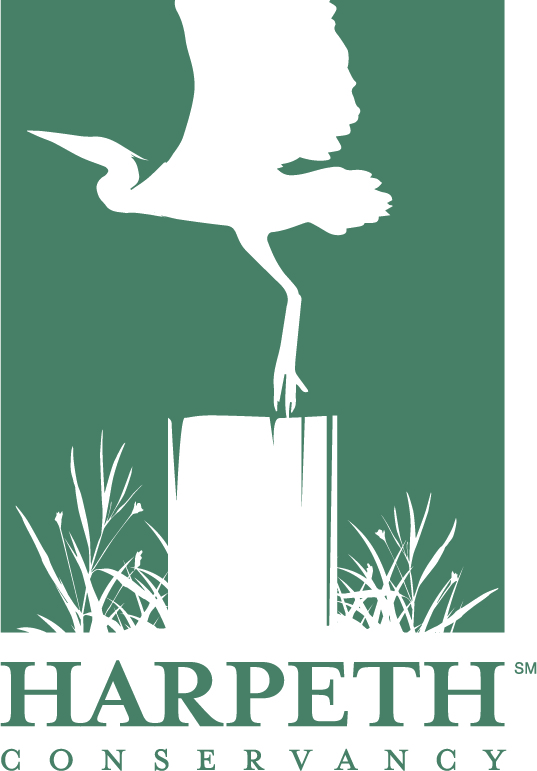
The Harpeth Conservancy, formerly known as the Harpeth River Watershed Association (HRWA), in middle Tennessee is a science-based conservation organization dedicated to clean water and healthy ecosystems for rivers in Tennessee. For more than 18 years, the Harpeth Conservancy has worked to monitor, restore and protect the State Scenic Harpeth River and its tributaries.
In 1999, the Harpeth River Watershed Association was founded. In June 2017, Harpeth River Watershed Association changed its name to the Harpeth Conservancy. This name change, which is effective immediately, is part of the larger rebranding of the organization which involved the HRWA Board, Advisory Board, staff and other key stakeholders. This rebranding included articulation of a new vision, mission statement, and graphic identity. The Harpeth Conservancy’s mission is to restore and protect clean water and healthy ecosystems for rivers in Tennessee by employing scientific expertise and collaborative relationships to develop, promote and support broad community stewardship and action.
Harpeth Conservancy works with landowners, businesses, community, local, state, and federal decision makers and others to foster solutions that reduce pollution and maintain healthy areas. The rivers in Tennessee, including the Harpeth, are part of the unique freshwater river systems of the Southeast which contain some of the greatest variety of aquatic life in the world.
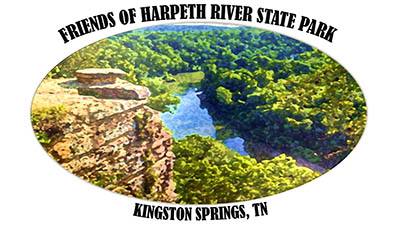
The Friends of Harpeth River State Park is an all-volunteer Non-Profit founded in 2015 that strives to further its mission: To enhance visitor enjoyment and education at Harpeth River State park by protecting its natural and historic features and promoting facilities and programs compatible with the scenic environment and historical features.
Weed Wrangle®-Nashville Location: Hidden Lake State Park, 7851 McCrory Lane, Nashville, TN 37221 (15 miles West of Nashville, just off I-40).

Nashville A Rocha is working to help people care for the earth in Nashville through hands-on conservation, education, and the arts. Nashville A Rocha is part of A Rocha USA, which is part of A Rocha International, a Christian nature conservation organization working in 20 countries around the world. We believe that caring for our place grows naturally from loving it and knowing it, and we host events and workshops to help Nashvillians cultivate a deeper knowledge and love of their place. Through partnerships with other local agencies, we offer practical conservation projects that are focused on restoring habitat at homes or churches. We also offer education events for adults and children, including supporting local churches in offering A Rocha’s Creation Care Camp. We have also worked with local singer-songwriters to produce two albums that reflect a love and care for people and place.

The Nashville City Cemetery Association, Inc. is a membership organization that works to protect, preserve, restore and raise public awareness of the Nashville City Cemetery in collaboration with the Historical Commission of the Metropolitan Government of Nashville and Davidson County, Tennessee and Metro Parks. We are a designated historic landmark site housing several of Nashville’s founders. And an official arboretum of the Nashville Tree Foundation.

The mission of Nashville Zoo is to inspire a culture of understanding and discovery of our natural world through conservation, innovation and leadership. Zoo staff are actively involved in research, habitat protection, breeding programs, and education initiatives here at the zoo, in Tennessee, and around the world.
We are a conservation partner to local and regional conservation organizations and share responsibility for the protection of Mill Creek which runs through the Zoo as an example. Nashville Zoo is plays a key role in clouded leopard conservation with 28 cats being born here at the zoo since 2009 and working with zoos in Thailand to protect the cats natural habitat. They are an endangered species.
Zoo staff are leaders in giant anteater breeding, care, and conservation and helps other zoos to properly care for them. They are native to South America and are threatened by habitat loss.
Our herpetology staff were the first to breed a disappearing regional species- hellbender salamanders and are now part of an international breeding program. They also participate in field research in hellbender habitats within Tennessee.
In collaboration with other zoos Nashville Zoo helps to breed the critically endangered Puerto Rican Crested Toad with tadpoles born here at the zoo released into protected lands on the island.
The zoo also supports projects in Congo, Tanzania, Madagascar, Brazil, Zimbabwe, Nepal, Mongolia, and Sumatra.
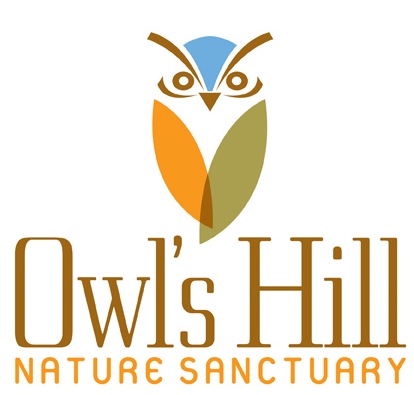
Owl’s Hill Nature Sanctuary is 160 acres of protected green space in northwestern Williamson County, Tennessee. We are dedicated to a mission of environmental education and research, restoration of native flora and fauna, conservation and protection of natural resources, and spreading an appreciation and enjoyment of nature. Owl’s Hill offers year-round education and public programming with full schedules available on their website.
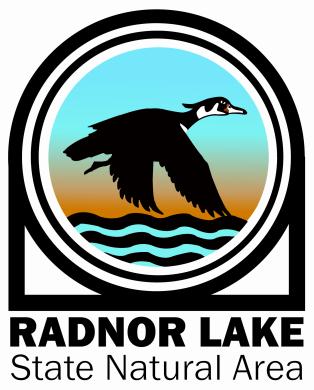

Radnor Lake State Park is a 1,332-acre park and is protected as a Class II Natural Area. It is unique due to the abundance of wildlife viewing opportunities, environmental education programs, hiking opportunities and its location in an urban area. The park is day-use only and the more than six miles of trail are strictly used for hiking, photography and wildlife observation. The Lake Trail is accessible to people with all-terrain wheelchairs.
The park is perfect for nature enthusiasts to observe owls, herons and water fowl as well as many species of amphibians, reptiles and mammals such as mink and otter. Hundreds of species of wildflowers, mosses, fungi, ferns and other plants as well as trees, shrubs and vines add to the natural ecological diversity of the area. Several ranger-led programs are planned throughout the year including canoe floats, wildflower walks, astronomy night hikes, nature hikes, programs on snakes, off-trail land acquisition hikes and birds of prey. First time visitors are encouraged to visit the Walter Criley Visitor Center to view interpretive exhibits on the history of the natural area, cultural/historical artifacts, wildlife displays, view a wall size map of the trail system and/or watch an 18 minute film on how the natural area was saved in the early 1970s.
http://tnstateparks.com/parks/about/radnor-lake
http://radnorlake.org/

Founded in 1999, The Land Trust for Tennessee conserves the unique character of Tennessee’s natural and historic landscapes and sites for future generations. As an accredited, nonprofit organization, The Land Trust for Tennessee partners with communities and landowners across the state to protect open spaces, including farmland, forestland, parkland, historic land and wildlife habitats.

TennGreen is an accomplished, non-profit land trust that protects important natural and scenic land across Tennessee. Supported by our members, we work with private landowners and local, state and federal agencies to conserve the best of Tennessee’s natural world by creating parks, protecting buffers and corridors, and through conservation easements and outright acquisition of privately-held land.

Friends of Warner Parks is a collection of neighbors, community partners and outdoor enthusiasts dedicated to the preservation, protection and stewardship of Nashville’s historic Warner Parks. We maintain trails. We help to keep Nature Center programs free for all. We restore historic features. We create volunteer, membership, and philanthropic opportunities to support natural areas and ensure memorable experiences for generations to come. Please visit www.warnerparks.org to learn more about how you can become involved with the preservation of your sanctuary in the city.
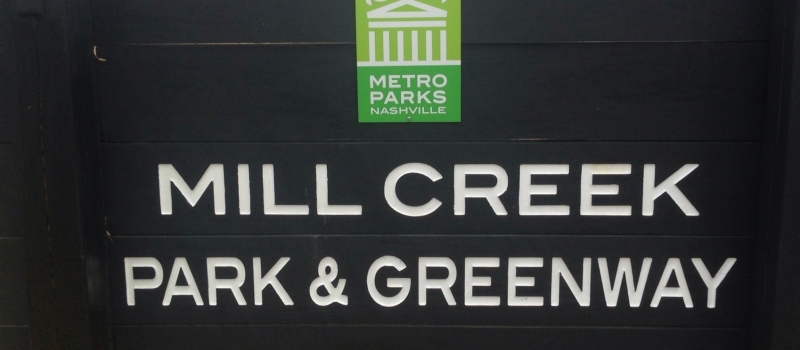
Friends of Mill Creek Greenway is a group formed in 2015 by users of the Mill Creek Greenway, Mill Creek Park Section, in Davidson County, Tennessee. Our mission is to help preserve, protect, enhance and promote the Mill Creek Greenway. We advocate preservation and protection of natural areas and cultural areas, including Mill Creek, development of appropriate community recreational opportunities, and acquisition of additional greenways lands.

Founded in 1978, the Tennessee Chapter of The Nature Conservancy is the largest and one of the most effective nonprofit conservation organizations in Tennessee. Working across the entire state, The Nature Conservancy has protected more than 300,000 acres and manages 19 nature preserves in Tennessee for nature and people. Along the way, The Nature Conservancy in Tennessee has helped create or significantly expand 29 State Natural Areas, 12 State Wildlife Management Areas and 2 National Wildlife Refuges in Tennessee. The list of special places we have helped safeguard for future generations includes Radnor Lake, Savage Gulf, the Walls of Jericho, the Duck River, Pogue Creek Canyon and Taylor Hollow.
Our Weed Wrangle® site on March 4, 2017 will be Taylor Hollow, which we bought and protected in 1978. Taylor Hollow is a 163-acre State Natural Area known for its wildflowers and rare plants.
See our website for instructions on signing up for:
Weed Wrangle®-The Nature Conservancy in Tennessee
For More Information on The Nature Conservancy in Tennessee
www.nature.org/tennessee

The City of Belle Meade, including the Board of Commissioners, citizen advisory groups, and employees, strives to maintain and enhance our City’s beauty, security, and livability, all of which contribute to the exceptional quality of life enjoyed by Belle Meade residents.
The City pledges to provide the creative leadership, efficient administration, and responsive municipal services necessary to meet these goals. The City values citizen involvement in planning and assessing City development, services, and sound investments for the future, including development of its employees to ensure courteous and efficient service to residents in all facets of municipal government.
City employees adhere to the highest possible standards of professionalism in the areas of fiscal responsibility, friendly service, and organizational effectiveness to win and sustain the trust of people who live or work in the City of Belle Meade.
Values
In carrying out its mission, the City of Belle Meade is guided by the following values:
- Compassion – Empathy for the concerns of others.
- Courtesy – Politeness in our dealings with others.
- Creativity – Innovative solutions to problems.
- Fairness – Consistent and equitable enforcement of the law.
- Integrity – Strict adherence to moral and ethical principles.
- Respect – Respect for the views, rights, and dignity of others.
- Service – Prompt and competent service to others.
- Teamwork –Trusting cooperation with other employees/residents.
- Tolerance – Acceptance and support of diversity

Tennessee State Parks and Natural Areas has partnered with The Garden Club of Nashville and Invasive Plant Control, Inc (IPC) to participate in Weed Wrangle® 2018. Weed Wrangle® is a nation-wide clean-up event dedicated to ridding Tennessee of non-native plant species. On Saturday, March 3, 2018, volunteers from across the state will be helping to eradicate invasive plants in public spaces. Our intent as stewards of the environment is to support our partners in their commitment to removing invasive plants throughout Tennessee State Parks and Natural Areas.
Click Here to volunteer at a Tennessee State Parks and Natural Area
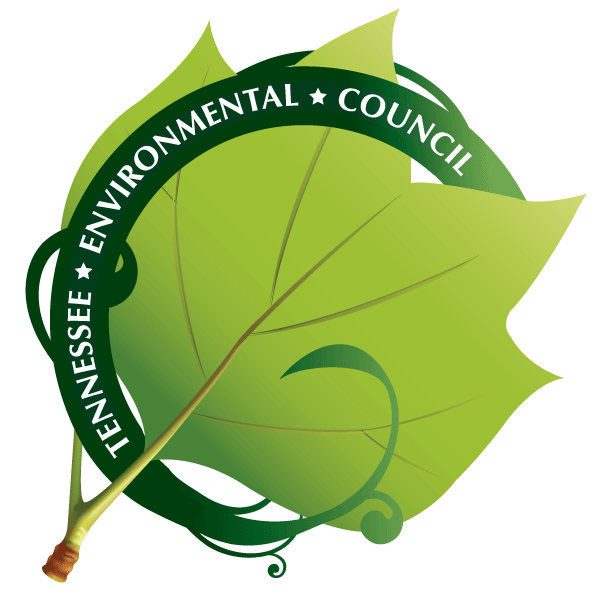
The Nashville GreenField Restoration Project embodies an effort to restore a 120-acre property near the Cockrill Bend region of Nashville to its highest ecological potential. The vision for the GreenField is that it becomes an outdoor classroom for local students to learn while they participate in ecological restoration activities and observe positive changes over time.

SOCKET is Metro Nashville’s sustainability outreach program brought to you by the Department of General Services (DGS). DGS delivers an array of services to all departments and agencies of the Metropolitan Government so that they are able to focus on and achieve their own missions.
The Cumberland River Compact, Socket, and Greenways for Nashville need your help on the Cumberland River Greenway to pull out invasive plants and clear space for native plants. Come out to make a difference in our biodiversity, to learn about the importance of native ecosystems, and to have some fun.
Your help is needed to pull out invasive weeds along the Cumberland River Greenway with hand tools. Please wear pants and heavy, durable shoes. Bring water, and any clippers, loppers, or other weeding tools you might have, and we will supply other tools.
Organizational Partners:




